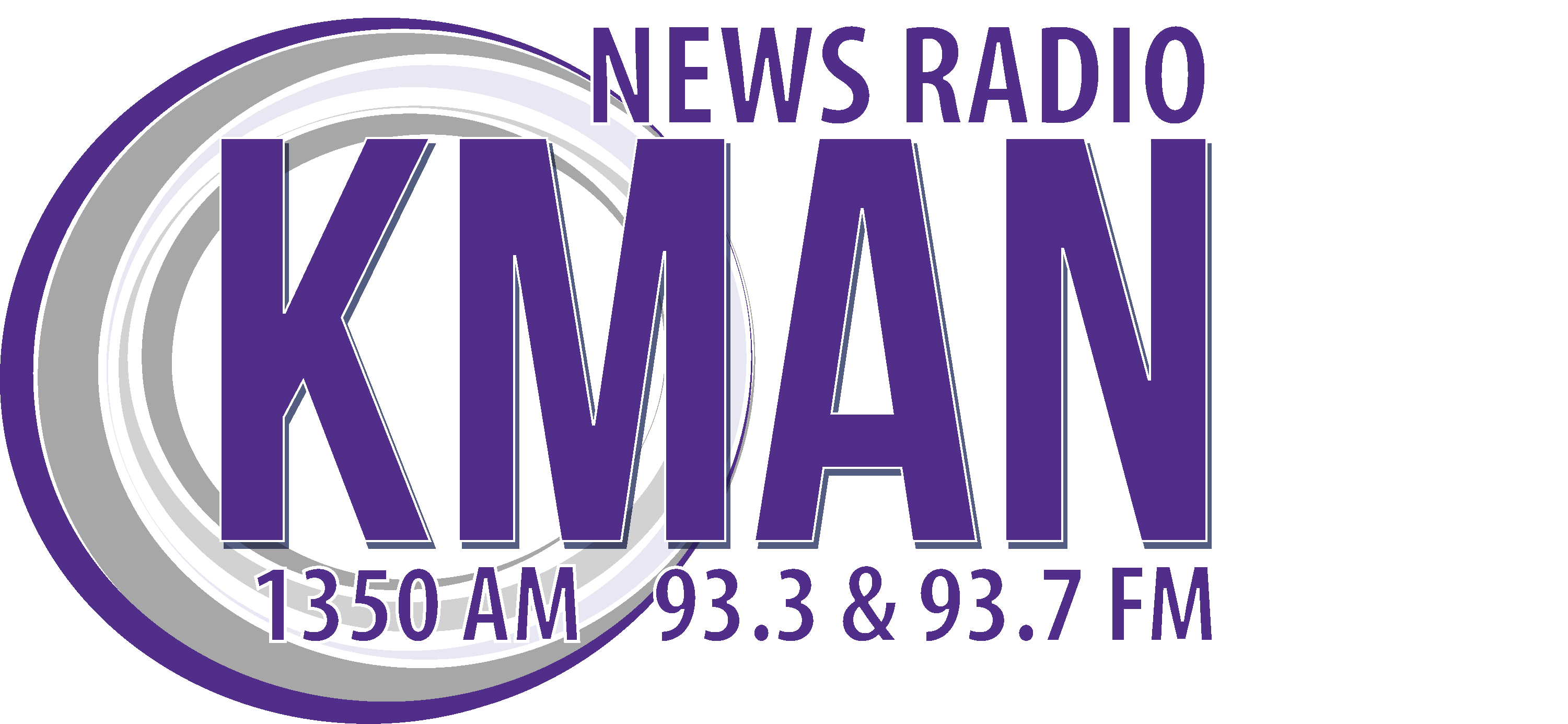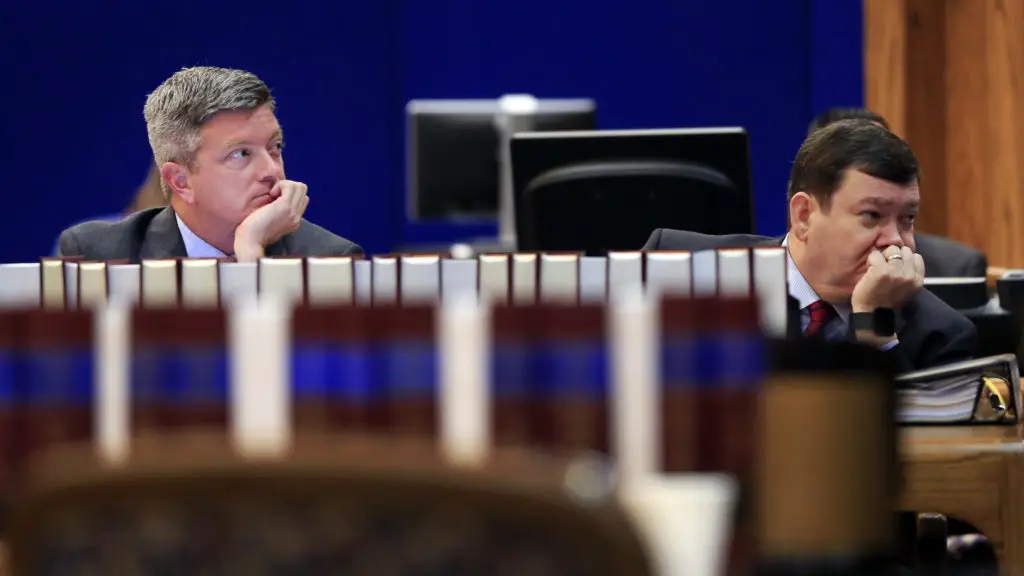
The Kansas Supreme Court ruled Monday the latest version of the state’s school finance formula violates adequacy and equity requirements, according to a press release from the Kansas Judicial Center in Topeka.
This is the fifth decision in the ongoing Gannon v. Kansas case. The court is giving lawmakers till April 30, 2018, to submit changes. If the legislature fails to meet that deadline, the court cautioned “we will not allow ourselves to be placed in the position of being complicit actors in the continuing deprivation of a constitutionally adequate and equitable education owed to hundreds of thousands of Kansas school children.”
Governor Sam Brownback issued a statement from his office Monday night.
“Today’s court decision is yet another regrettable chapter in the never ending cycle of litigation over Kansas school funding,” he said, just after 6:30 p.m. “The court should not substitute its decision for that of the legislature.”
The court’s full decision can be read here. The court’s full press release can be read below:
Supreme Court issues decision in
Case No. 113,267: Luke Gannon, et al v. State of Kansas, et alThe Kansas Supreme Court today issued a decision in Gannon v. State. The court held that the 2017 legislature’s new school finance law violated the adequacy and equity requirements of Article 6 of the Constitution of the people of Kansas, which imposes a duty on the legislature to “make suitable provision for finance of the educational interests of the state.” The court withheld any remedial action to give the legislature an opportunity to bring the school finance system into constitutional compliance. This is the court’s fifth decision in this lawsuit.
The new school finance law was enacted by the legislature in response to the Kansas Supreme Court’s March 2017 decision in Gannon IV. There, the court affirmed the lower court’s holding that substantial funding cuts to the state’s K-12 finance system beginning in 2009 limited school districts’ resources and eventually led to a marked decline in student achievement, as measured by various standardized tests. Based on the record before it, in March the court concluded the 2015 legislature’s Classroom Learning Assuring Student Success Act (CLASS) was not reasonably calculated to have all Kansas K-12 public school students meet or exceed the constitutional standards.
The new school finance law is basically modeled after one the 2015 legislature repealed and replaced with CLASS — the School District Finance and Quality Performance Act (SDFQPA) that had existed for approximately 23 years. The finance formula provides a fixed amount of funding per student called the base amount, and then utilizes certain weightings, such as the at-risk student weighting, to increase that base funding because some students require more resources and some districts have factors that increase costs.
The new law increases funding by $292.5 million spread over school years 2017-2018 and 2018-2019. But the increase is substantially less than all other cost estimates, including a calculation the Kansas Legislative Research Department submitted to the Senate Select Committee on Education Finance. The Kansas Legislative Research Department estimated that a base funding amount of $4,080 per student was required for fiscal year 2018 (school year 2017-2018). The new law instead provides $4,006 in base funding for that year.
The Kansas Supreme Court, which limited its analysis to issues raised by the parties on appeal, held the State failed to meet its burden of showing that the level of funding was constitutionally adequate under the test requiring that the funding be reasonably calculated to have all Kansas public education students meet or exceed the constitutional standards. The court also held that four provisions of the new law created or exacerbated unconstitutional wealth-based inequities.
The Supreme Court struck down a provision that allows school districts to use capital outlay funds to pay for utility expenses and property and casualty insurance — expenditures which totaled approximately $162 million in fiscal year 2016 — because of the varying ability of districts to pay these expenses from their capital outlay funds. The court also held a provision that subjected only some school districts to a protest and election process in order to raise their local option budget limits was constitutionally inequitable. The court further held that both:
- A new method for calculating supplemental state aid, which uses a school district’s preceding school year’s LOB percentage; and
- A new method for calculating at-risk funding, which only benefits two Kansas school districts, exacerbate wealth-based disparities in violation of Article 6.
Although a majority of the Supreme Court stayed issuance of its order until June 30, 2018, to allow the legislature ample time to bring the school finance system into compliance with Article 6 of the Kansas Constitution, the court scheduled oral arguments for May 22, 2018, to review whatever remedial legislation may be enacted. But the court cautioned that after June 30 “we will not allow ourselves to be placed in the position of being complicit actors in the continuing deprivation of a constitutionally adequate and equitable education owed to hundreds of thousands of Kansas school children.”


